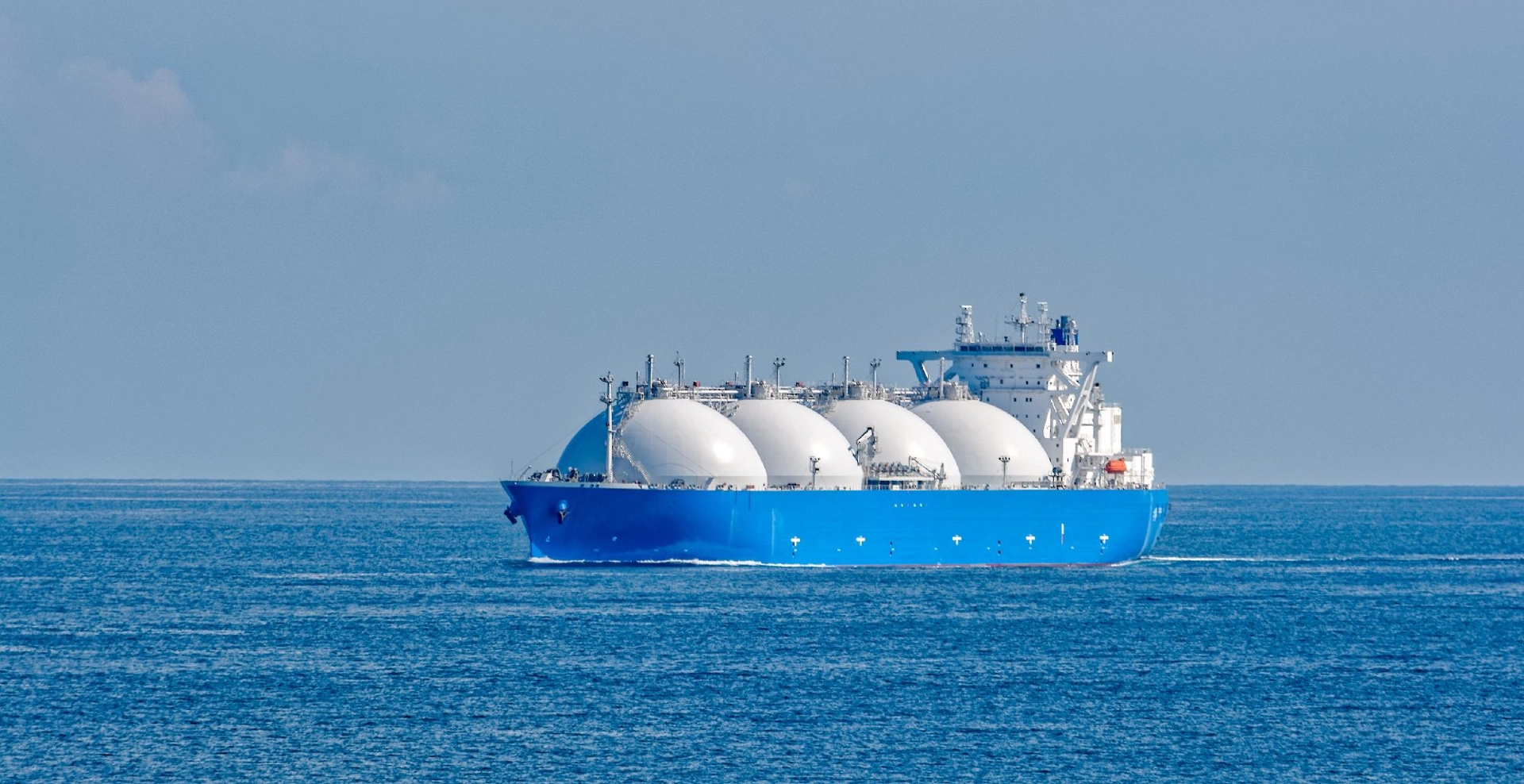
The Switzerland-based gas and power trader is currently in contact with several global LNG suppliers and German gas consumers to discuss new LNG contracts.
“LNG contracts are still uncharted territory for this customer segment,” MET Germany CEO Joerg Selbach-Roentgen said.
Interested clients, mainly industrial companies and municipal utilities or so-called Stadtwerke, represent around 20% of German gas demand, he said.
Current talks underline their desire to start deliveries in the short term if possible for some of that demand, he added.
Selbach-Roentgen however noted a mismatch between LNG suppliers’ demands for 20-year contracts, which are in conflict with Germany’s 2045 net zero goal and the current 3-4 year contract horizon for industrial clients in Germany.
He also warned about a false sense of security in terms of gas supply after LNG spot benchmark prices fell to two-year lows in May.
Without a significant number of long-term LNG volumes, too much would dependent on the level of Asian demand, meaning volatility linked to the LNG spot market would remain high.
Platts, part of S&P Global Commodity Insights, assessed the benchmark Dutch TTF month-ahead price at an all-time high of Eur319.98/MWh on Aug. 26, 2022.
Prices have come down sharply with Platts assessing the contract at Eur23.25/MWh on June 1, a level not seen in almost two years, before prices again doubled in the fortnight to June 15.
TTF month-ahead was last assessed at Eur37.30/MWh on June 21.
LNG into Northwest Europe fell below $8/MMBtu late May, the lowest since April 2021, while the benchmark Platts JKM for Asian spot LNG dipped below $9/MMBtu, S&P Global data show.
However, the Platts JKM spot cargo assessment rose 60% from June 7 to $12.25/MMBtu by June 21.
Long term risks
Selbach-Roentgen foresees a renaissance of long-term contracts to replace the current dominance of LNG spot trading, with German clients interested in pegging LNG contracts to US Henry Hub gas prices.
The MET Germany CEO referred to a recent study that sees LNG prices including regasification in the Eur30-40/MWh range possible for 10-12 year contracts.
Contractual risks beyond 10-12 years due to German fossil phase-out plans can be mitigated through different measures, the manager said, noting options to send contracted LNG elsewhere in the future.
MET’s revenue more than doubled in 2022 to Eur41.5 billion on the back unprecedented volatility, with the company trading 109 Bcm of natural gas.
MET took delivery of over 30 TWh of LNG into Croatia, Greece, Spain, Belgium and the UK.
In Germany, it booked 1 Bcm/year of LNG capacity at Lubmin, Germany’s only private LNG import terminal, where MET is one of two capacity holders.
Capacity at Germany’s state-supported LNG facilities is used by Uniper, RWE and VNG until spring 2024.
MET entered the German gas market in 2020 with the acquisition of Gas-Union’s gas storage facilities from VNG.
Hydrogen quota for gas
For the transition to clean gas, Selbach-Roentgen also called for a binding quota for a combination of LNG imports with green hydrogen imports to help steer the ramp-up of hydrogen and phase-out of fossil gas in Germany.
“We need an honest debate about the actual hydrogen rampup,” the manager said.
This would add planning certainty as well as visibility on prices and investment demand.
“If the industry isn’t ready to sign 15-year contracts without incentives, then people [in government] are listening and we need to discuss the potential solutions,” the manager said, adding that he wants to play an active role in the transition from natural gas to green gas.
In the hydrogen blending debate, Selbach-Roentgen also sees space for a binding quota, noting that actual expected volumes for the next 5-10 years that could be blended into the gas grid will be much smaller than needed.
Platts assessed the cost to produce hydrogen via electrolysis in Europe (Netherlands, PEM, front-month) at Eur7.39/kg on June 21.
